Hideko Udagawa & Petr Limonov - Nostalgic Russia (2021) [Hi-Res]
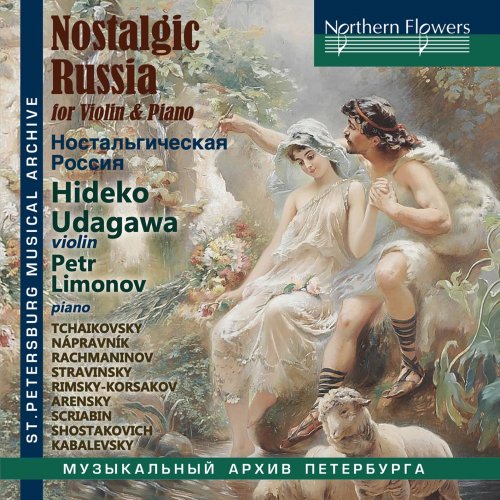
Artist: Hideko Udagawa, Petr Limonov
Title: Nostalgic Russia
Year Of Release: 2021
Label: Northern Flowers
Genre: Classical
Quality: flac lossless / flac 24bits - 96.0kHz +Booklet
Total Time: 01:12:20
Total Size: 340 mb / 1.23 gb
WebSite: Album Preview
TracklistTitle: Nostalgic Russia
Year Of Release: 2021
Label: Northern Flowers
Genre: Classical
Quality: flac lossless / flac 24bits - 96.0kHz +Booklet
Total Time: 01:12:20
Total Size: 340 mb / 1.23 gb
WebSite: Album Preview
01. Romance, Op. 5, TH 127 (Arr. V. Mikhailovsky for Violin & Piano)
02. 6 Pieces, Op. 51, TH 143: No. 6, Valse sentimentale (Arr. for Violin & Piano)
03. 4 Pieces for Violin & Piano, Op. 64: No. 1, Nocturne
04. 4 Pieces for Violin & Piano, Op. 64: No. 2, Valse-caprice
05. 4 Pieces for Violin & Piano, Op. 64: No. 3, Mélodie russe
06. 4 Pieces for Violin & Piano, Op. 64: No. 4, Scherzo espagnol
07. Morceaux de fantaisie, Op. 3: No. 1, Elégie (Arr. V. Mikhailovsky for Violin & Piano)
08. Mavra: Parasha's Song (Arr. for Violin & Piano)
09. The Golden Cockerel: Hymn to the Sun (Arr. F. Kreisler for Violin & Piano)
10. Violin Concerto in A Minor, Op. 54: III. Tempo di valse (Arr. J. Heifetz for Violin & Piano)
11. 4 Morceaux, Op. 30: No. 2, Sérénade
12. 2 Nocturnes, Op. 5: No. 1, Andante (Arr. A. Mogilevsky for Violin & Piano)
13. 3 Fantastic Dances, Op. 5 (Arr. D. Tsyganov for Violin & Piano): No. 1, Allegretto
14. 3 Fantastic Dances, Op. 5 (Arr. D. Tsyganov for Violin & Piano): No. 2, Andantino
15. 3 Fantastic Dances, Op. 5 (Arr. D. Tsyganov for Violin & Piano): No. 3, Allegretto
16. 24 Preludes, Op. 34a (Excerpts): No. 2, Allegretto
17. 24 Preludes, Op. 34a (Excerpts): No. 18, Allegretto
18. 24 Preludes, Op. 34a (Excerpts): No. 11, Allegretto
19. 24 Preludes, Op. 34a (Excerpts): No. 17, Largo
20. 24 Preludes, Op. 34a (Excerpts): No. 5, Allegro
21. Improvisation for Violin & Piano, Op. 21 (From "Night of St. Petersburg")
22. Rondo for Violin & Piano, Op. 69
![Hideko Udagawa & Petr Limonov - Nostalgic Russia (2021) [Hi-Res]](https://www.dibpic.com/uploads/posts/2021-05/1621400489_hideko-udagawa-petr-limonov-nostalgic-russia-2021-back.jpg)
Russia’s great tradition of violin playing inspired countless composers to create soulful melodies and dazzling showpieces. Hideko Udagawa’s latest album, set for release by Russian label Northern Flowers on 9 April 2021, began with a quest to find fine repertoire rarities and works written to display the violin’s abilities. Nostalgic Russia also includes world premiere recordings of Viktor Mikhailovsky’s transcriptions for violin and piano of Rachmaninov’s Elégie Op.3 No.1 and Tchaikovsky’s Romance Op.5, and contains only the second ever recording of Four Pieces Op.64 by Czech composer Eduard Francevic Nápravník, principal conductor at the Imperial Mariinsky Theatre in St Petersburg and an important early interpreter of Tchaikovsky’s music. The London-based violinist’s compelling programme mirrors her long association with Russian music and love for the country’s culture. It spans everything from Dmitri Kabalevsky’s haunting Improvisation Op.21 No.1 and Fritz Kreisler’s transcription of the ‘Hymn to the Sun’ from Rimsky-Korsakov’s opera The Golden Cockerel to Stravinsky’s Chanson russe and characterful transcriptions of five pieces from Shostakovich’s Preludes for piano Op.34. Other highlights include Valse sentimentale from Tchaikovsky’s Six Pieces Op.51 and a transcription of Scriabin’s sublime Nocturne Op.5 No.1. The album was recorded last November at the Church of St Silas the Martyr in north London in company with the Russian pianist Petr Limonov, an alumnus of Moscow’s Central Music School and London’s Royal College of Music. “This recording has been a joy to make,” comments Hideko Udagawa. “It takes an enormous amount of time to discover and learn suitable pieces for a recital album of this kind. You have to judge whether a little-known work is good enough to record or is little-known for a reason, and you must also decide what you’d like to have transcribed. Building this programme took many months and was fascinating in itself. It’s a long process but worth it. Even getting the scores is not always easy. Many of the pieces I tried were substandard, including works by well-known composers. So it takes time and effort to discover the best repertoire and then to learn it. I was lucky in the past to find a Khachaturian sonata that had never been recorded, and fortunate once again to find so many fascinating pieces for this new album.” Udagawa drew from experience gained while creating the programme of her first album for the St Petersburgbased Northern Flowers label, a disc of romantic works by Glinka (including the world premiere of the Sonata for Violin and Piano), Glazunov, Glière, Anton Rubinstein and others. She began by trawling the catalogues of libraries and archives in the United States and Europe, then requested help from publishers and spent hours online to amass a pile of potential pieces. The violinist was determined that whatever she chose to record, whether originally written for her instrument or transcribed for it, should be of the highest quality. Rachmaninov’s Elégie and Tchaikovsky’s Romance, both conceived for solo piano, comfortably passed Udagawa’s quality threshold and enabled her to continue an already fruitful collaboration with Viktor Mikhailovsky. Lessons learned from Nathan Milstein proved the strongest influence on Hideko Udagawa’s choice of compositions and performance of them. She began studying with the great Russian-born violinist in her early twenties and was taught and encouraged by him for a decade before his death in 1992. In addition to the myriad of details passed on by master to pupil, Milstein always emphasised the three Ts: tone, taste and technique. “His example had a very big and lasting effect. Of course to be close to such a big personality at an early age had an enormous and profound influence on me. He was very strict with himself and insisted that it was the only way to be a good player, assuming you had a certain amount of talent to start with. Milstein had aristocratic taste and everybody still admires him for that.” The Russian romantic violin tradition, observes Hideko Udagawa, was always alive to a player’s individuality and emotional response to the music. Yet it also perpetuated certain signature gestures and ways of expression. “I’m very careful not to play in the old style, with too much portamenti and so on, because we live in modern times,” she reflects. “But there are still things I do that feel right even though they’re very different from what you will hear from the younger generation of violinists today. I feel it’s a great honour when anyone tells me they can hear Milstein’s influence in my playing. Those influences and the memories I have of him are part of who I am as a performer and, I hope, are at the heart of this new album.”

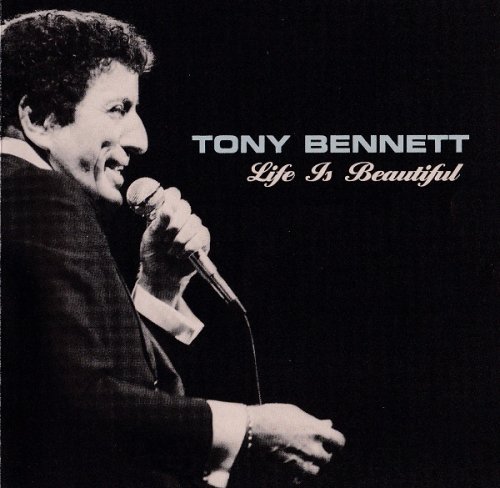
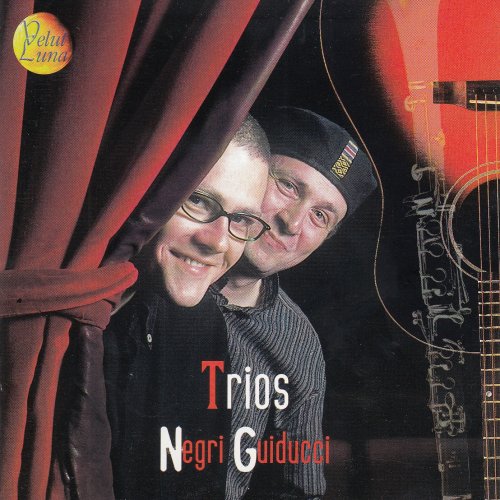
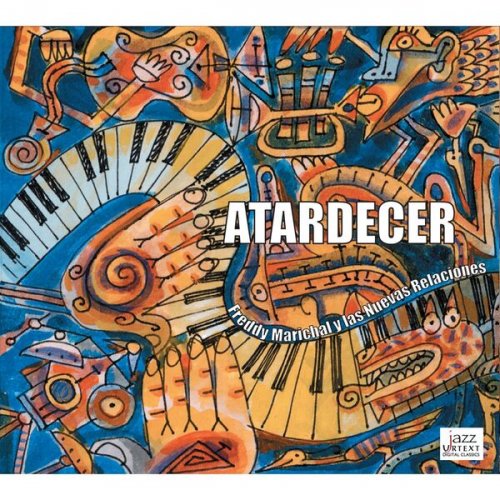
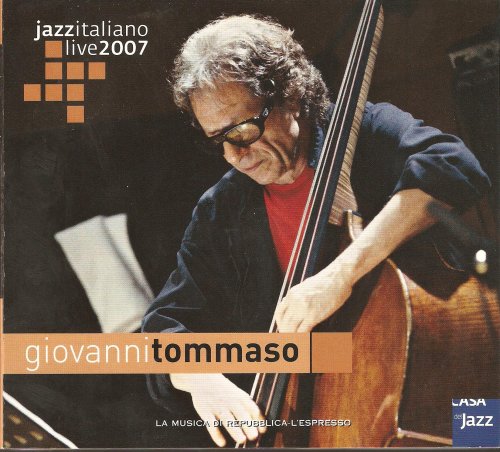
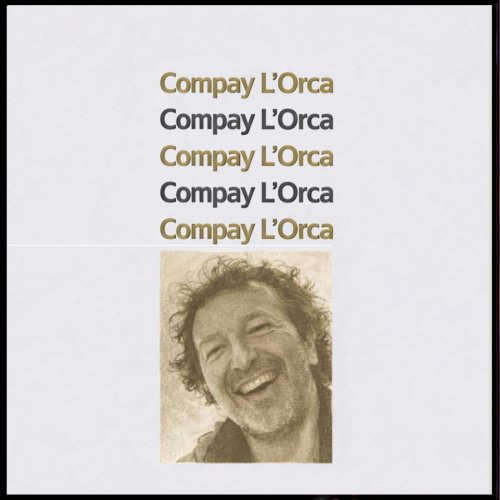
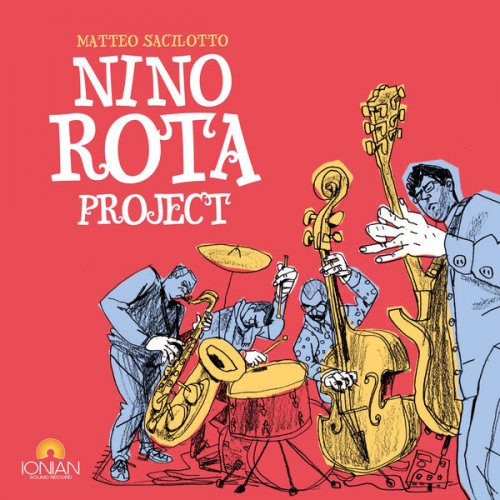
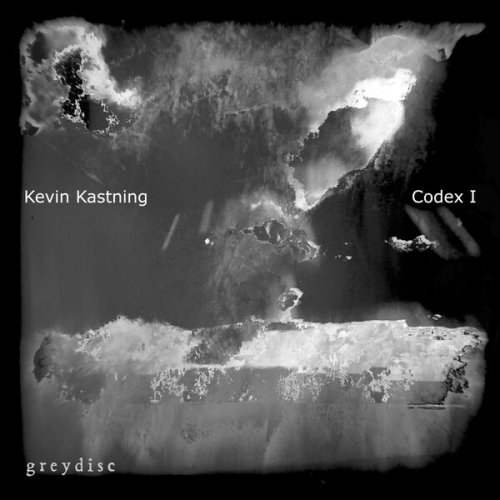
![Sepalot - closer (2026) [Hi-Res] Sepalot - closer (2026) [Hi-Res]](https://img.israbox.com/img/2026-01/30/tbtrw8vul7fg4oun5l1msn4co.jpg)